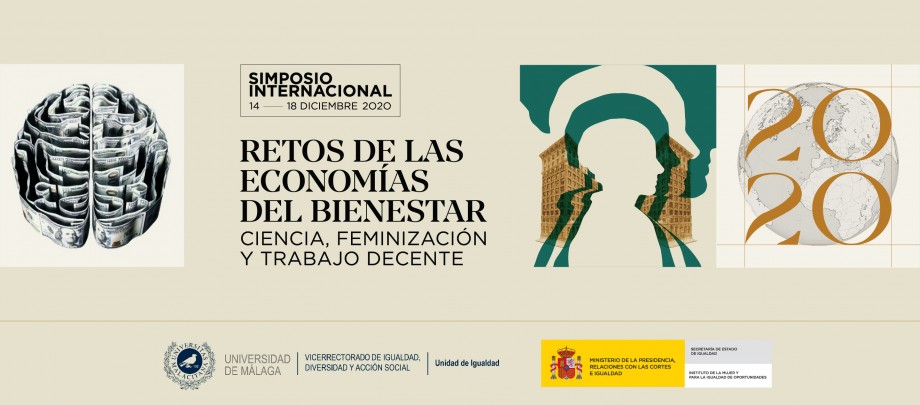El horizonte del simposio es abordar las relaciones laborales, de poder, económicas, educativas, simbólicas y de conocimiento que se están produciendo en el trabajo vinculado al bienestar y a la acción social, a partir de la debilidad de la sociedad salarial y el progresivo desmantelamiento de los estados de bienestar. Un eje transversal es la feminización histórica de su fuerza de trabajo, la invisibilidad secular de sus aportes, tanto en términos económicos, de justicia social, como de los saberes que sobre el cuidado y la ayuda social han producido para el sostenimiento de la cohesión social. Hablar de bienestar social, conlleva generizar la discusión, así pretenda aparecer neutra sexualmente hablando. La noción de la OIT “trabajo decente” aparece como un instrumento de análisis que contribuye desde las instituciones a disponer de un mayor apoyo en la objetivación de este fenómeno.


